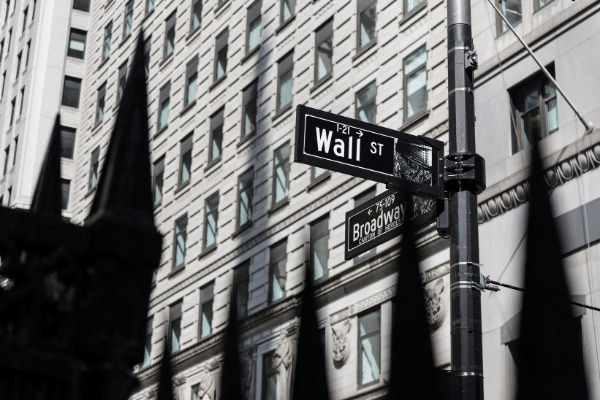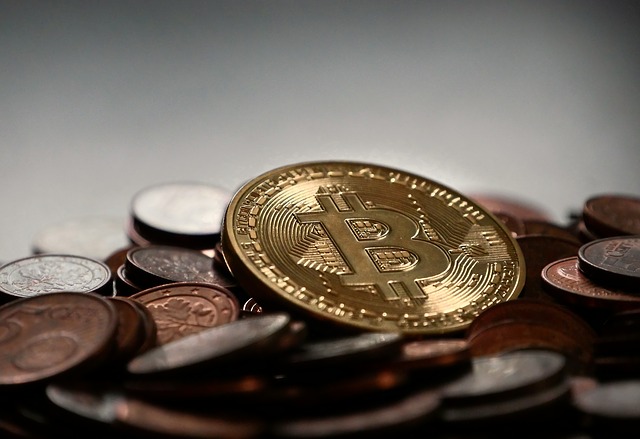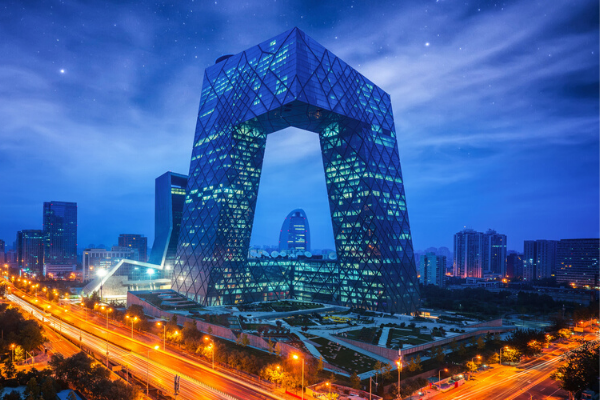
If you walked past Sung Kook Hwang in midtown Manhattan, you’d scarcely be able to tell that he was a billionaire.
Better known as “Bill” Hwang, the former protégé of hedge fund legend Julian Robertson, Hwang had amassed an estimated US$10 billion fortune but led a relatively modest and low-key lifestyle.
A staunch Christian, Hwang led the sort of quiet lifestyle that suggested he was a highly paid professional, like a doctor or a lawyer, than a hedge fund billionaire.
But now it appears that his relatively frugal lifestyle choices may have set him in good stead for the next chapter of his life.
Even on Wall Street, few ever noticed Hwang, let alone knew his name, until last Friday.
Quietly amassing one of the world’s greatest fortunes, Hwang and his private investment firm Archegos Capital Management are now at the center of what will go down as one of the biggest margin calls of all time.
A multi-billion dollar fiasco that has shone a spotlight on the secretive market bets with dangerous levels of leverage that authorities are now scrutinizing more carefully.
Last Friday, banks and prime brokerages raced for the exits to unwind an billions of dollars’ worth of leveraged bets on a cluster of companies, including ViacomCBS, Discovery Communications, GSX Techedu and Baidu – firms which had all otherwise soared this year.
It’s believed that one part of Hwang’s portfolio, which has been traded in blocks since last Friday by Goldman Sachs, Morgan Stanley and Wells Fargo was worth almost US$40 billion last week, before the purge.
As Hwang’s trades continue to be unwound, estimates of the total size of those trades are skyrocketing, with some suggesting that they may have had a notional value of some US$100 billion.
And as those trades are unwound, much of Hwang’s net worth, which was estimated at being upwards of US$10 billion, is being unwound with it.
That cavalcade of margin calls has raised serious questions from regulators the world over, from New York to Zurich, Tokyo to Singapore – how could someone take such big risks, facilitated by so many banks, and not draw any regulatory scrutiny at all?
One part of the answer is that Hwang set up his firm as a family office, with limited oversight because of the lack of outside investors (thanks to an indictment in 2012 for insider trading) and then deployed financial derivatives to amass massive stakes in companies without ever having to disclose them.
The other reason of course is that banks globally embraced Hwang as a “whale” a lucrative customer who they could bilk for fees for providing that leverage.
Indicted for market manipulation and insider trading, Hwang hasn’t been able to trade outside money for almost a decade – instead family offices that exclusively manage one fortune are generally exempt from registering as investment advisers even.
That means they don’t have to disclose the family office’s owners, executives, or even how much is managed.
But when family offices grow to sizes that dwarf even some of the largest hedge funds – questions will no doubt arise in the wake of last Friday’s episode as to whether or not they need to be scrutinized more closely by the SEC.
Some of the firms, particularly ViacomCBS, have rebounded from Friday’s falls, but are still down from before the block trade selloff, following a fresh analyst downgrade.
Why the banks suddenly pulled the rug on Hwang and his Archegos Capital Management is however less clear, but every day brings fresh updates like a brand new episode of Showtime’s Billions.



